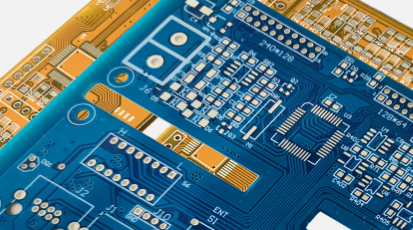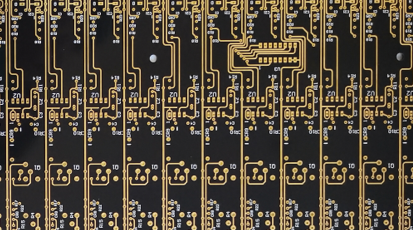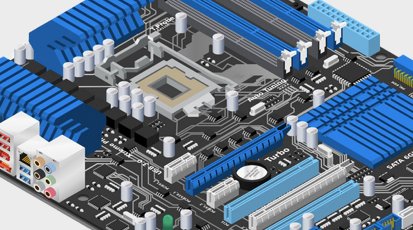What Are the PCB Quality Issues Can Cause Headaches During Production?
By:PCBBUY 09/02/2023 16:20
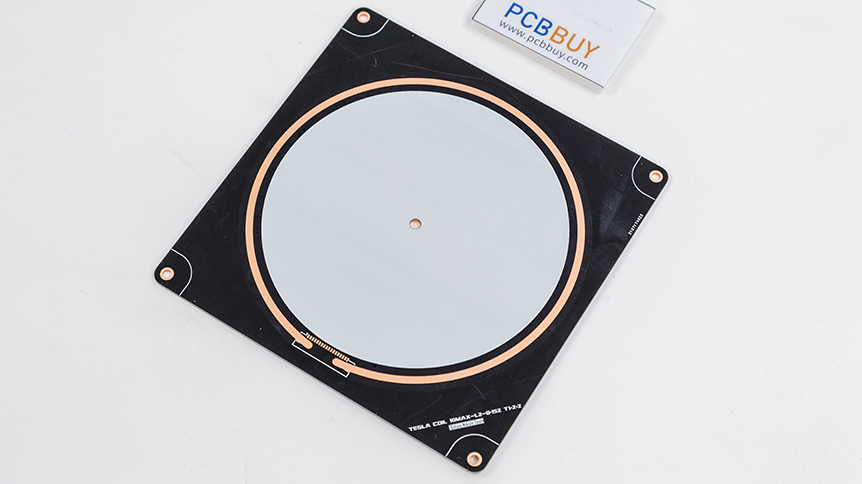
Testing is essential for ensuring high-quality PCBs. By employing well-established protocols, testers can effectively identify design flaws and malfunctions. Even the absence of testability can reveal errors, although this poses its own challenges. Inability to debug boards and understand design intent limits the extent to which PCB quality can be confirmed.
At this stage, visual inspection becomes invaluable for process control engineers in troubleshooting manufacturing defects during production. Fabrication and assembly are complex multi-stage processes that offer numerous opportunities for deviations from acceptable board criteria. A contract manufacturer with extensive experience can leverage their expertise to identify and address poor outcomes in product development, thereby preventing such issues from occurring in the first place. An engineering-oriented CM will have robust systems and procedures to ensure the highest quality assembly for a design, while effectively mitigating common PCB quality issues.

PCB Quality Issues That Can Cause Headaches During Production
The production of electronics involves multiple stages that are interconnected but can be treated as separate disciplines. Inadequate organizational structure or communication can result in substandard outcomes, leading to various issues:
Unapproved part substitutions: Shortages or long lead times may necessitate part substitutions. However, it is crucial to pre-approve and document these engineering change orders (ECOs) in relevant documentation such as the bill of materials (BOM) and schematic. Failing to obtain proper notification can lead to two scenarios: either the substituted part works without detection of the change, or the substitution performs inadequately. Testers may observe discrepancies in device speed, timing, and value tolerances, which can have unpredictable effects on PCB performance. Correcting, revising, and documenting these substitutions at a later stage requires significant time and financial resources.
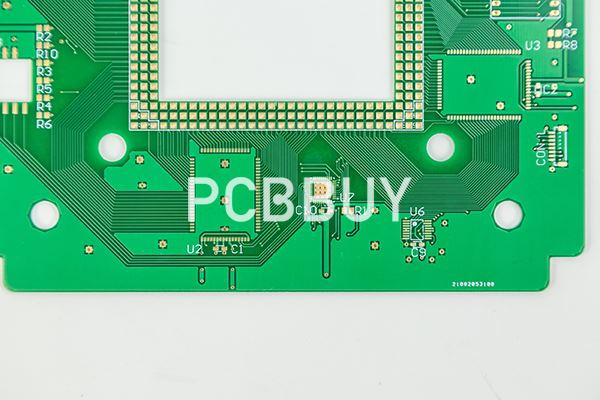
Solder defects: The quality of solder joints on the finished printed circuit board assembly (PCBA) is vital for system continuity and long-term reliability. Solder issues often arise with complex component package types, but insufficient control and monitoring of solder processes can also contribute. Quality testing and inspection processes are fundamental for assembly performance in any contract manufacturer. Therefore, poor solder quality may only be the visible manifestation of underlying issues.
PCBA system integration: Proper handling and protective equipment are essential when integrating the PCBA with mechanical enclosures or other system assemblies. Failure to follow guidelines during integration can introduce functional problems to the board. Since these errors are typically associated with the system assembly, they cannot be diagnosed by the contract manufacturer or detected during manufacturing. Identifying and resolving these issues may involve navigating through multiple shops, resulting in lengthy delays.
Cables and connectors: Mechanical interconnects between boards and other system components are prone to intermittent failures. Cables must adhere to minimum bend radii requirements to avoid wire stress or issues with plug-receptacle interfaces.
Mechanical assembly: Several mechanical components cannot be adequately examined using standard electrical test processes. These include heatsinks, faceplates, standoffs, and connectors that may be incorrectly installed and undetected during standard testing and inspection procedures.
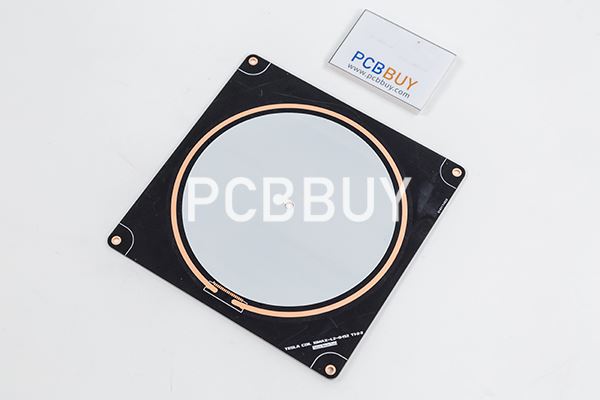
These oversights consume valuable time and budgets, potentially leading to production delays. However, contract manufacturers with established processes in place to mitigate PCB quality issues and implement thorough testing can offer higher levels of quality assurance.
Best Practices for Manufacturing Processes and Standards
Before entering into a production contract, design teams must have a comprehensive understanding of the capabilities and competencies of their chosen contract manufacturer (CM). The following list outlines the services that a high-quality PCB manufacturer should offer to avoid PCB quality issues:
Component testing: A well-trained technical staff should be capable of validating component functionality through rigorous testing. Documented processes that outline the procedures for component substitutions, as well as guidelines for customer notifications and approvals, are essential to maintain design integrity.
State-of-the-art soldering quality control (QC): Testing should be conducted both before and after the critical soldering step in PCB assembly. This includes utilizing automated optical testing and employing certified inspectors for electrical testing.
Engineering expertise: A dedicated engineering staff should thoroughly review all design documents to create a specialized production plan. This expertise also extends to documenting work orders comprehen
Wanna know PCB knowledge? Check and read for more.
Industry Category

